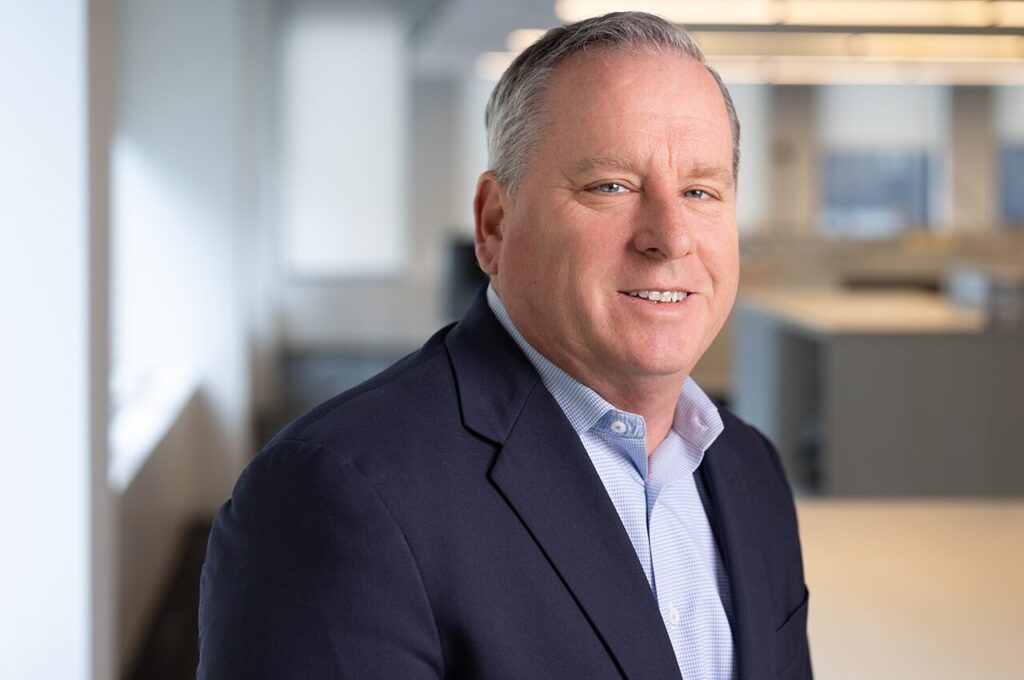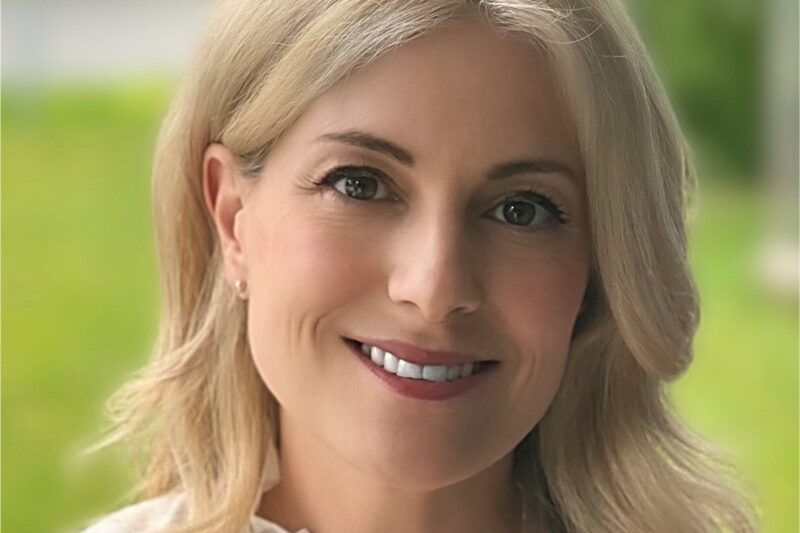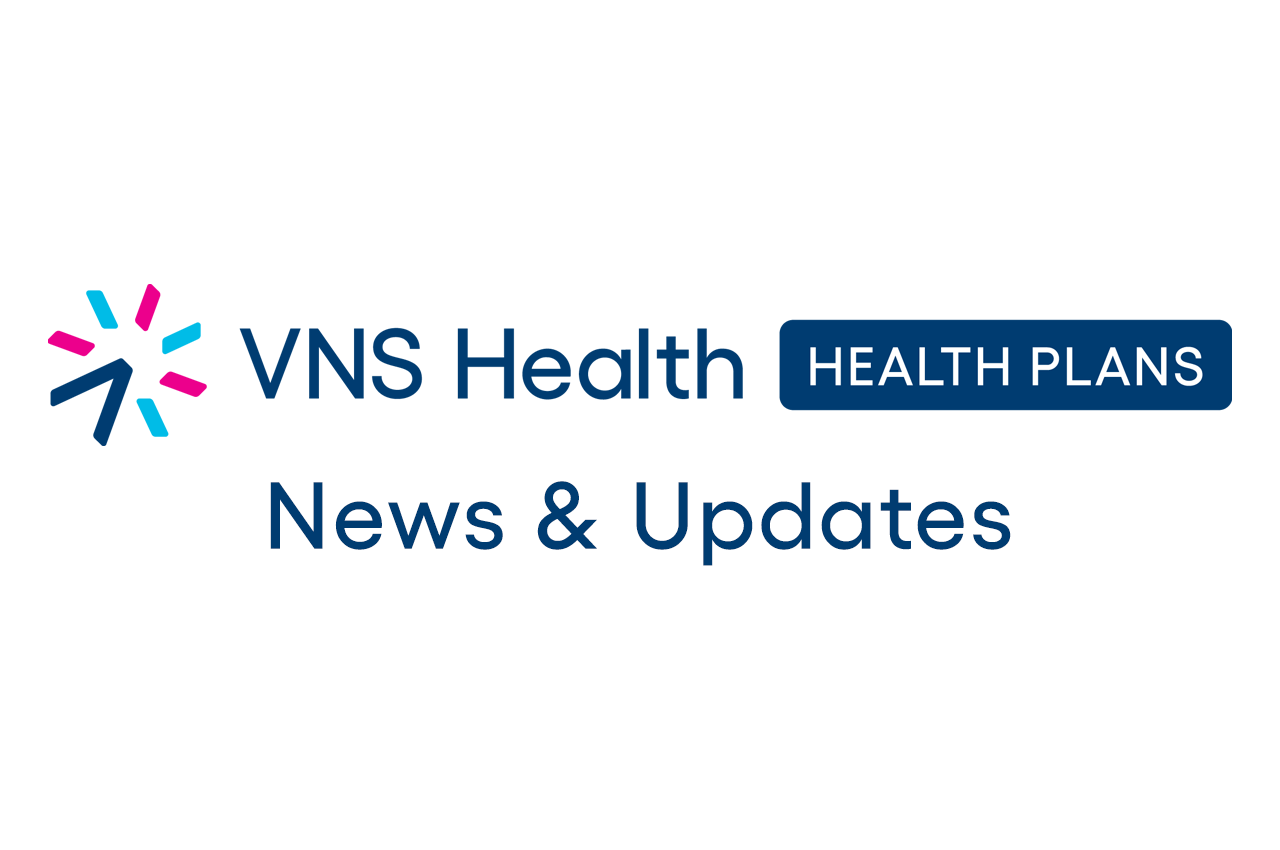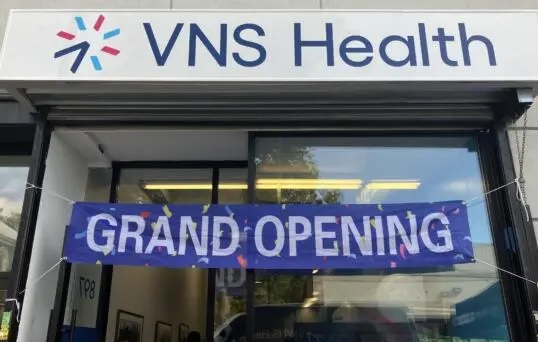為紐約州最弱勢的居民提供紅藍卡 (Medicare) 和白卡 (Medicaid) 保險
執行副總裁兼健保計劃長 John Burke 訪談

VNS Health’s two stand-alone MA plans and its integrated long-term care plan all reported strong enrollment in 2024. Why are these plans so popular?
The short answer is that they all do an excellent job managing the health of our target population, which is primarily individuals covered by both Medicare and Medicaid (in the case of our integrated Total plan and our EasyCare Plus MA plan), as well as low-income Medicare recipients who don’t quite qualify for Medicaid (in the case of our EasyCare MA plan). This group tends to have multiple chronic health conditions. Our care managers are very effective in working with our network of medical providers to connect our members with care: making sure they keep doctor’s appointments, that they’re taking all needed medications, and that their social determinants of health are being addressed—meaning they have a healthy diet, their housing needs are being met, and so on. We also tailor our plan benefits to this population. The premiums and co-pays are zero for many members, and benefits include a stipend for OTC items that also covers groceries for Medicaid recipients.
Does VNS Health’s history as a home- and community-based health care organization help in caring for your members?
Absolutely. In New York City, for example, we do a great deal of outreach through VNS Health’s community centers in Flushing, Sunset Park and Manhattan’s Chinatown district. We also recently opened a storefront center in Far Rockaway and are about to open another in Flatbush, Brooklyn. Our staff in these centers speak multiple languages and understand different cultures, and they’re very skilled at working with our members to make sure they understand their benefits and are fully utilizing them. VNS Health is also a provider of home health care and care management services, so we know how to meet the specific needs of our members.
You’ve said that growing the VNS Health Total plan is a priority. Why is that?
New York State understands that integrated care is the most effective way to support the health of dual-eligible individuals. That’s why they’re encouraging these individuals to migrate from Medicaid MLTC plans—which require members to enroll separately in Medicare—to integrated plans like VNS Health Total. And with VNS Health’s expertise in managing complex populations, integrated care is a natural pathway for us. We view VNS Health Total as our flagship: It’s a great plan that lets members seamlessly access Medicare, Medicaid and managed long-term care benefits through a single point of contact.
VNS Health MLTC is still your largest plan. Will these members be transitioning to Total?
We anticipate that many of them will. We’re now offering Total to our existing MLTC members as a preferred option, and thousands have already migrated over. We’re also continuing to grow our MLTC enrollment, anticipating that one day most of these members could move over to Total.
Your MLTC plan is available in over 35 counties across New York State. Will VNS Health’s other health plans be expanding upstate as well?
Yes—in fact, they already are. VNS Health Total, EasyCare and EasyCare Plus have all been available since July 2023 in Schenectady, Albany, and Rensselaer Counties, and they’ll go live in Erie and Monroe Counties starting January 1, 2025, pending DOH approval. We also expect to add another 10 counties to the coverage area of these plans in 2026.
It sounds like VNS Health is becoming a statewide health plan.
It is. While the bulk of our business is still in our traditional coverage area of New York City, Westchester and Long Island, over the next few years we anticipate our upstate enrollments will make up an increasingly large part of our membership. At the same time, we’re very mindful of maintaining sound operational excellence and financial management as we grow. Ultimately, our business is about keeping our members as healthy as possible and preventing avoidable hospitalizations, by making sure they have all the support and access to resources they need. That is our North Star.


